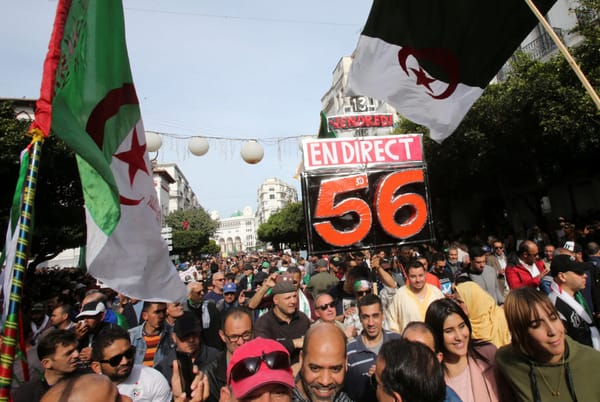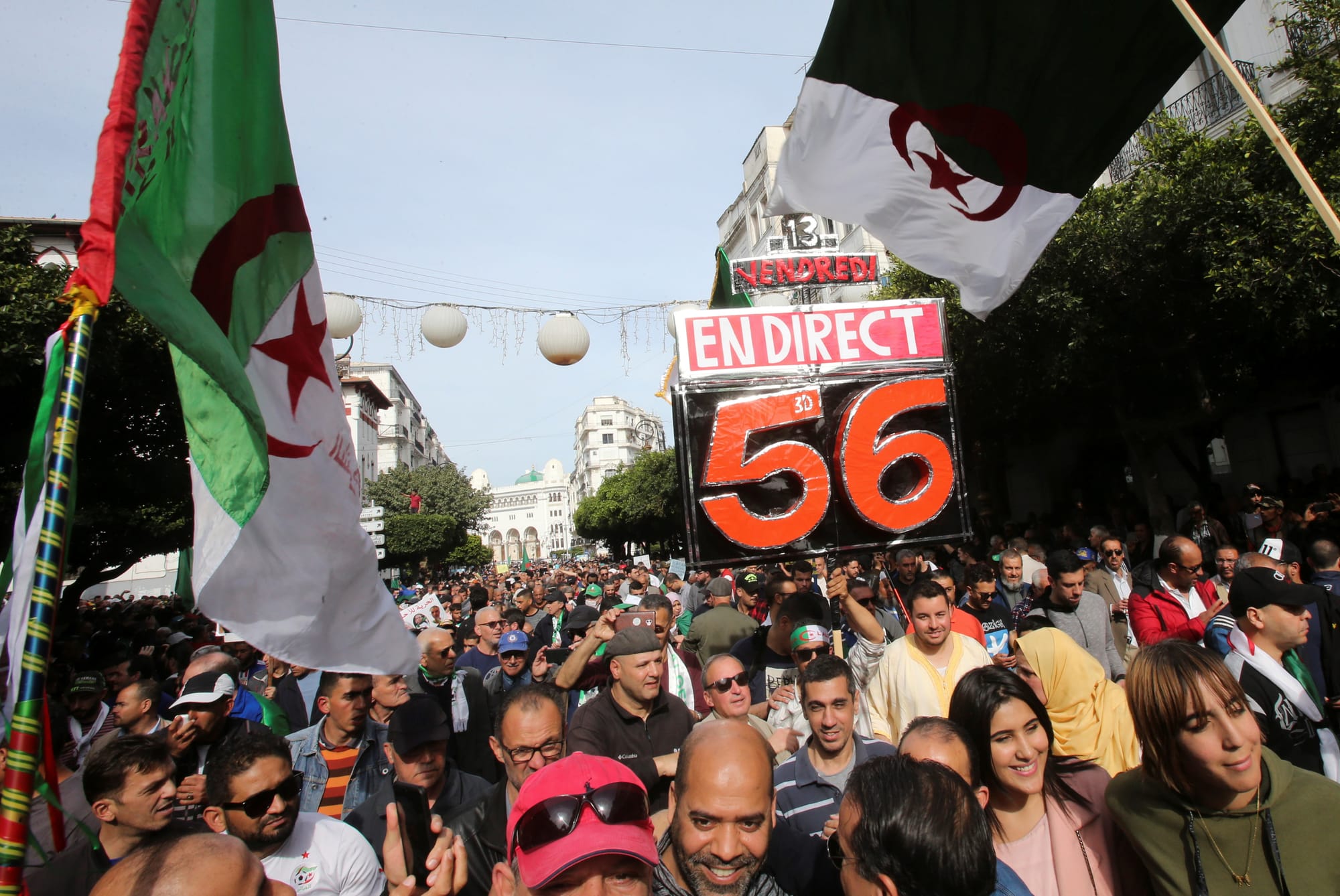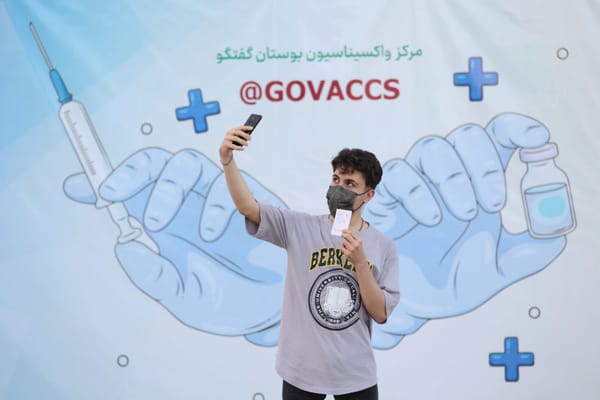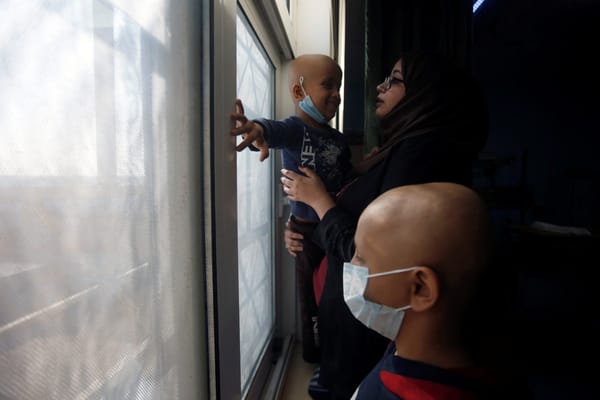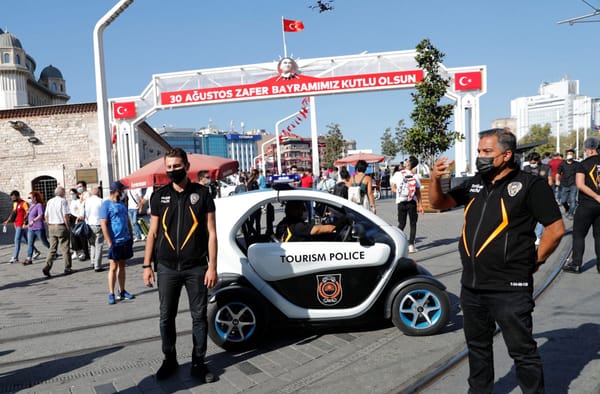Voices from the Middle East: The Future of the Hirak Movement in Algeria
Is the Algerian state using the COVID-19 crisis and the suspension of weekly street protests as an opportunity to put an end to the Hirak social movement? What is the Hirak doing now? How is the government responding to the pandemic? Muriam Haleh Davis interviews the Algerian journalist Selma Kasmi
